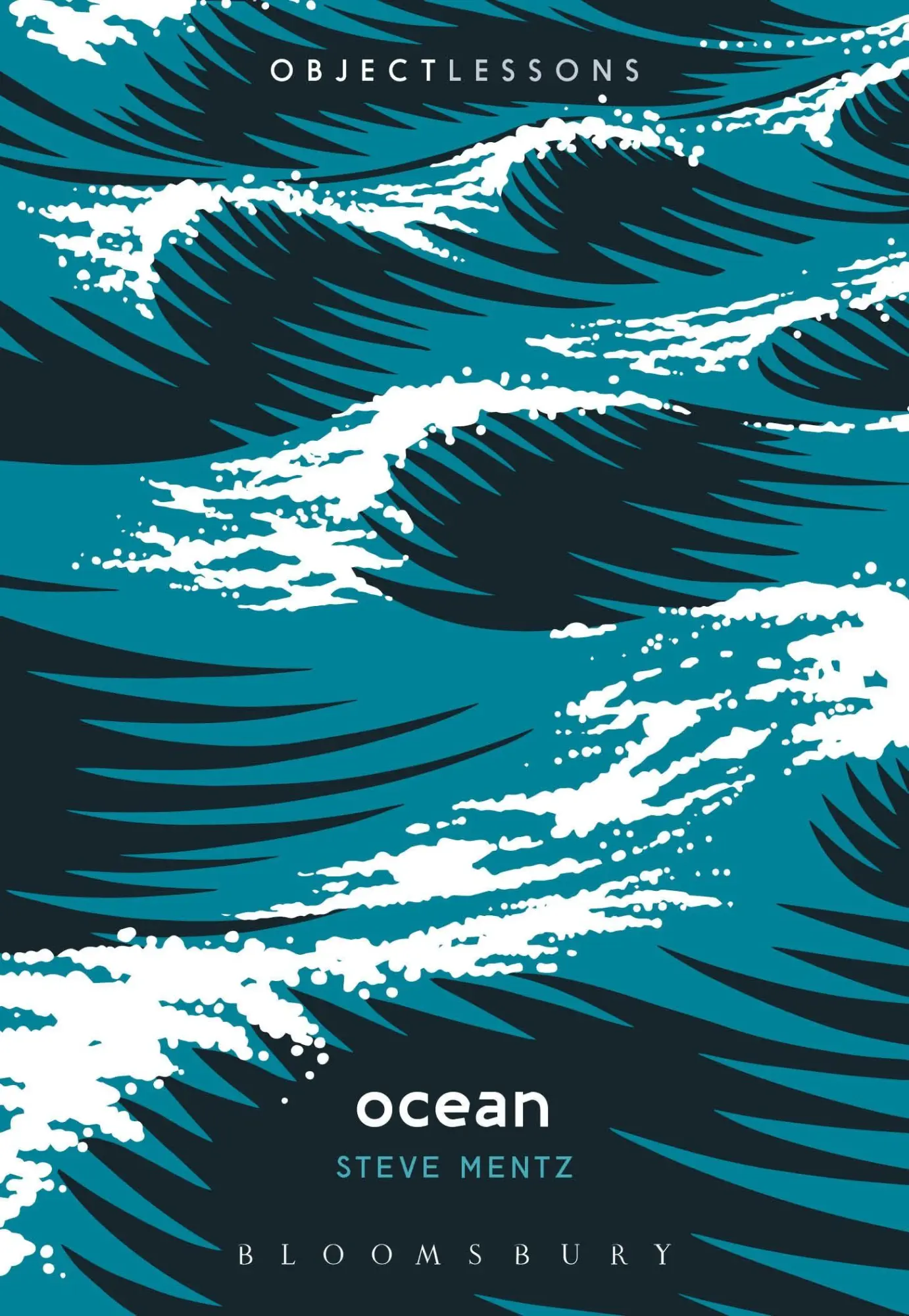17,10 €
Versandkostenfrei per Post / DHL
Lieferzeit 1-2 Wochen
Object Lessons is a series of short, beautifully designed books about the hidden lives of ordinary things.
The ocean comprises the largest object on our planet. Retelling human history from an oceanic rather than terrestrial point of view unsettles our relationship with the natural environment. Our engagement with the world's oceans can be destructive, as with today's deluge of plastic trash and acidification, but the mismatch between small bodies and vast seas also emphasizes the frailty and resilience of human experience.
From ancient stories of shipwrecked sailors to the containerized future of 21st-century commerce, Ocean splashes the histories we thought we knew into salty and unfamiliar places.
Object Lessons is published in partnership with an essay series in The Atlantic.
Object Lessons is a series of short, beautifully designed books about the hidden lives of ordinary things.
The ocean comprises the largest object on our planet. Retelling human history from an oceanic rather than terrestrial point of view unsettles our relationship with the natural environment. Our engagement with the world's oceans can be destructive, as with today's deluge of plastic trash and acidification, but the mismatch between small bodies and vast seas also emphasizes the frailty and resilience of human experience.
From ancient stories of shipwrecked sailors to the containerized future of 21st-century commerce, Ocean splashes the histories we thought we knew into salty and unfamiliar places.
Object Lessons is published in partnership with an essay series in The Atlantic.
Deterratorializing Preface
1. Two Origins: Alien or Core?
2. Seafood before History
3. Myth I: Odysseus, not Achilles
4. Wet Globalization I: The Premodern Anthropocene
5. Sea Poetry I: Adamastor as Warning and Gate
6. Sailors: A Technological History
7. Interlude: Port of New York
8. Sea Poetry II: The Sea in Emily Dickinson
9. Myth II: Queequeg and Other Mermaids
10. Wet Globalization II: Containers
11. Blue Environmentalism: Rachel Carson
12. Swimmers: Immersive Histories
Acknowledgments
Reading the Blue Humanities: A Bibliographical Essay
Index
| Erscheinungsjahr: | 2020 |
|---|---|
| Genre: | Geschichte, Importe |
| Rubrik: | Geisteswissenschaften |
| Medium: | Taschenbuch |
| Inhalt: | Kartoniert / Broschiert |
| ISBN-13: | 9781501348631 |
| ISBN-10: | 1501348639 |
| Sprache: | Englisch |
| Einband: | Kartoniert / Broschiert |
| Autor: | Mentz, Steve |
| Redaktion: |
Schaberg, Christopher
Bogost, Ian |
| Hersteller: | Bloomsbury Publishing Plc |
| Verantwortliche Person für die EU: | Libri GmbH, Europaallee 1, D-36244 Bad Hersfeld, gpsr@libri.de |
| Maße: | 168 x 119 x 20 mm |
| Von/Mit: | Steve Mentz |
| Erscheinungsdatum: | 19.03.2020 |
| Gewicht: | 0,175 kg |










